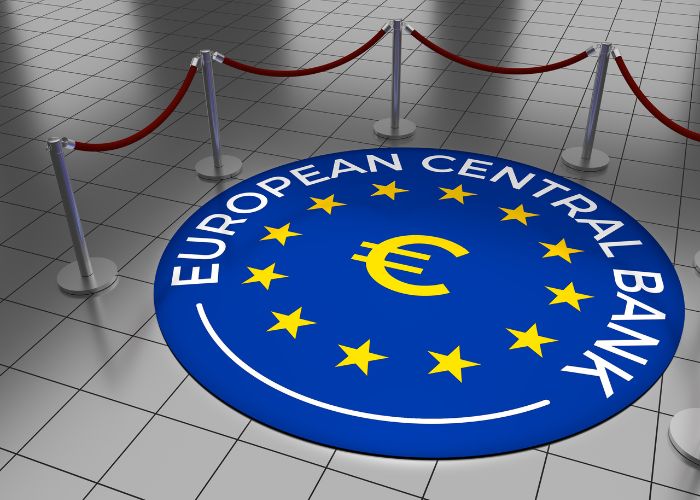Consumer prices rose by 10.8% in July, an increase not seen in Spain since 1984. Despite another record increase, the Spanish Prime Minister is confident that the soaring inflation will come to an end very soon.
Inflation within the eurozone also reached a record high in July. Consumer prices rose 8.9% last month compared to July 2021, surpassing the previous record set in June when inflation stood at 8.6% year-on-year.
Inflation within the European Union also reached a record 9.8% compared to a year ago. These figures were recently published by Eurostat. The EU body said these are the highest percentages since the introduction of the euro in 1999.
Record increase in inflation in Spain since 1984
The rise in consumer prices in Spain exceeds both averages: The consumer price index (CPI) last month stood at 10.8% in Spain. This percentage is a record increase that has not been registered since 1984.
Yet there are countries where the pain in the wallet is even harder to feel: Estonia, Latvia and Lithuania are the three countries that again have the highest inflation rate of the euro countries with more than 20%. Inflation in the Netherlands was 10.3% and Belgium topped at 10.4%.
ECB raises interest rates for the first time in 11 years
At the end of July, the European Central Bank (ECB) raised its key interest rates for the first time in 11 years. This is in an effort to curb the rapidly rising inflation. The ECB said it cannot rule out the possibility that interest rates will not be raised again during upcoming meetings.
Spanish Prime Minister hopeful about inflation developments
Prime Minister Sanchez made a remarkable statement earlier this month during an official visit to Serbia. He said he was hopeful about the development of inflation in the coming months, the Spanish news site AS.com wrote. He acknowledges that the 10.8% rise in the CPI is “bad news” but he expects the “inflation curve” to bend in September and rise less sharply than in recent months.
One of the reasons Pedro Sánchez is so optimistic is that he expects the energy supply situation to be reasonably under control in the short term. Since this is one of the factors driving inflation soaring, he is hopeful that this will change in the near term.
However, the Bank of Spain is not so optimistic for the time being. In June, the Spanish Bank forecast an inflation of 3.2% for the whole of 2022 (0.4 percent more than the forecast of April). Subsequently, inflation would be 2.2% in 2023 and 2% in 2024.


